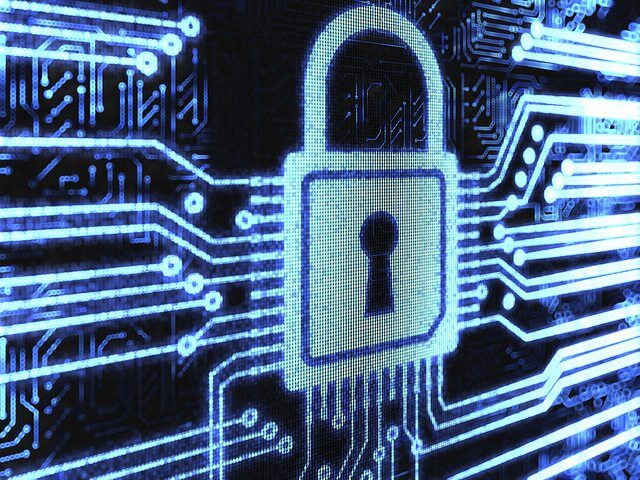Data security involves the practice of protecting computers, mobile devices, databases, and websites from unauthorized access or corruption. Data security is also sometimes also referred to as computer security or information security.
Keeping Data Safe
Every kind of data needs protecting, whether it is personal data or business data. Data can include personal identifying information, usernames and passwords, PINs or security codes, credit card information, account or bank information, files, intellectual property, customer lists, financials, analytics, top secret information, and so much more. Data is basically any information that someone else might want for any reason.
When data security systems are breached, they are unlawfully accessed by someone who does not have the authority to have access to the data contained in the system. With so many systems connected to the internet, security breaches happen quite frequently and they are a real problem.
What Can You Do to Protect Your Data?
It is important to remember that not all data is worth protecting. Some data is meaningless, while other data can have immense value. For data that has value, it is important to take steps to protect it. There are many different ways that you can protect your data.
Some of the most common safety precautions include:
- Locking down your computer system when it is not in use.
- Encrypting your data, which scrambles it so that it is not readable by anyone who gets ahold of it without authorization.
- Using strong user authentication protocols, such as two-part or multiple-part authentication.
- Using complicated passwords that are virtually impossible to guess, i.e., a long password that includes upper and lower case letters, numbers, symbols, and spaces.
- Use different usernames and passwords for different systems, i.e., do not recycle usernames or passwords across multiple systems or platforms.
Taking precautions to help protect data can mean the difference between stolen or hacked data and secured data. Taking safety precautions like those discussed above make unauthorized access of the secured data substantially more difficult to achieve. Safeguard precautions can help you secure your data, but they are not a guarantee that the data will be completely protected.
How to Respond to a Data Security Breach
If you learn that your computer system or business data has been breached, it is important to determine the extent of the breach as soon as possible. If your data has been breached, you need to know:
- What happened.
- How your system was breached.
- If any of your data was accessed.
- Whether you have a legal obligation to notify anyone, such as your customers or clients, of the data security breach.
Revision Legal understands the dynamic nature of data security and data breach issues. Revision Legal has worked with a number of business clients of all sizes to assess data security risks, and, when necessary, provide counsel on how to handle breach notifications in all 50 states. If you have concerns about a data security breach, please feel free to contact the experienced data breach attorneys at Revision Legal. Civil fines are available in some states for a failure to expeditiously notify those affected by breaches. The legal team from Revision Legal can help you today. Contact us using the form on this page or call us at 855-473-8474.
Photo credit to Flickr user Semino1e.




